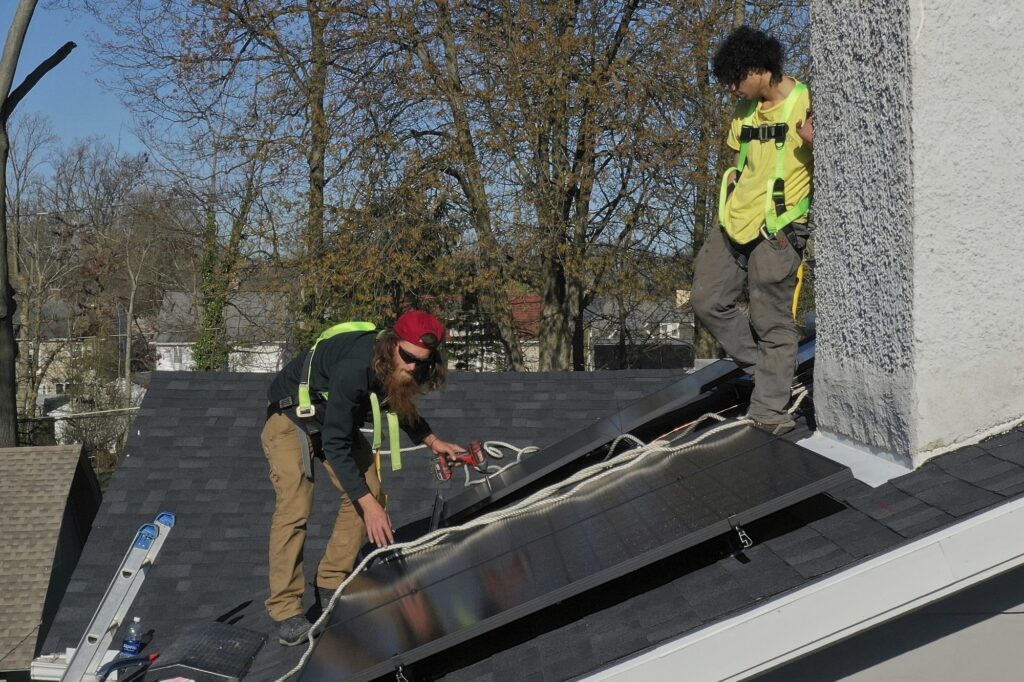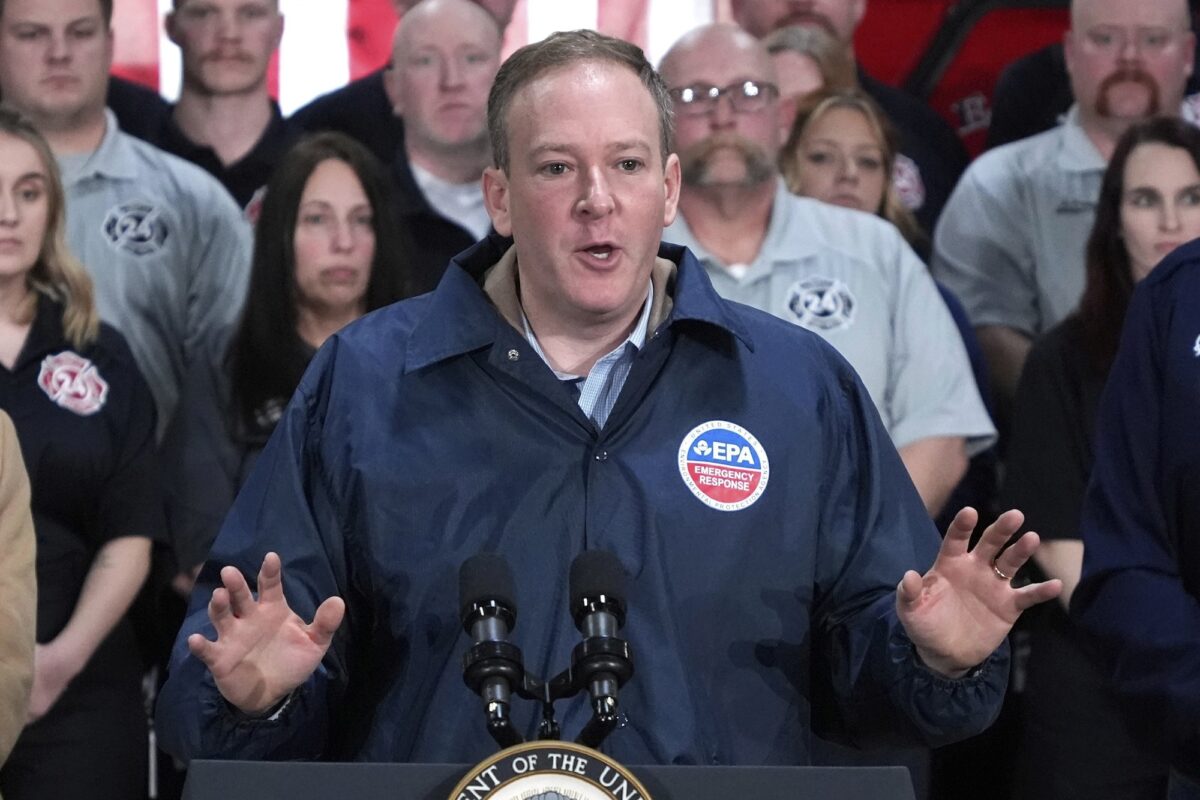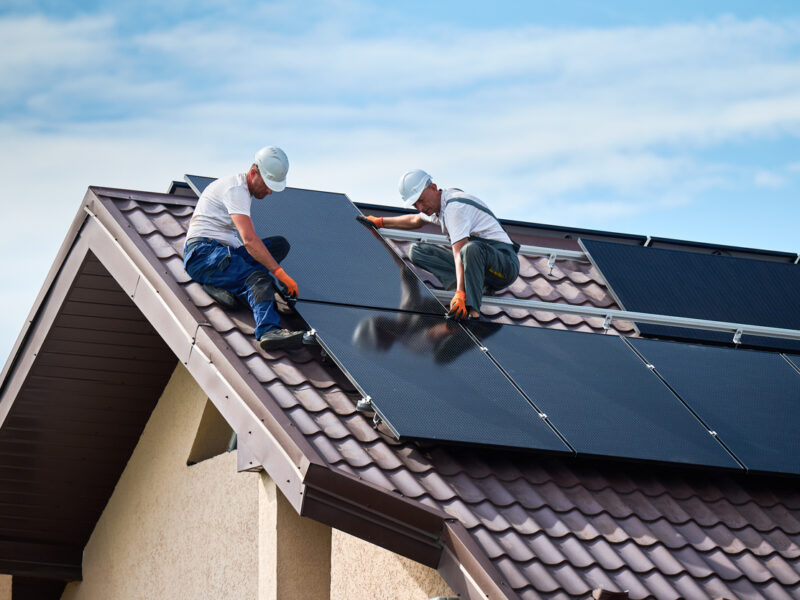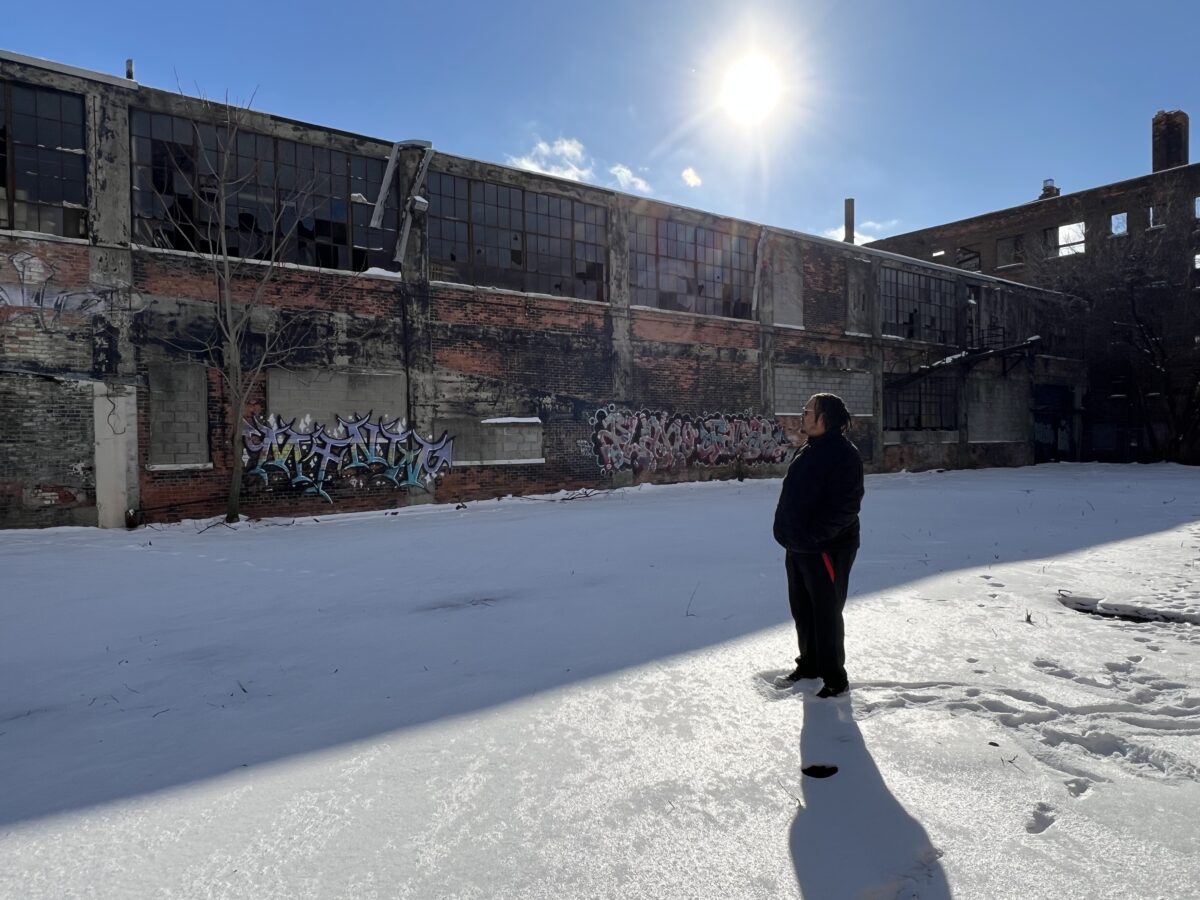Overview:
- The Environmental Protection Agency's termination of the $7 billion Solar for All program has sparked concern among advocates for low-income households nationwide.
- Designed to deliver solar power to nearly one million homes, the program's cancellation halts $156 million in Michigan projects, some already underway.
- Created under the 2022 Inflation Reduction Act, Solar for All awarded 60 grants to states, tribes, territories, and nonprofits for solar initiatives.
The Environmental Protection Agency has terminated the $7 billion Solar for All program, a Biden-era initiative intended to bring solar power to nearly one million low-income households across the country. The decision halts $156 million in Michigan projects, some of which were already in development.
The program, created under the 2022 Inflation Reduction Act, awarded 60 grants to states, tribes, territories and nonprofits to fund rooftop and community solar projects.
In Michigan, the Department of Environment, Great Lakes, and Energy planned to use the funds to deliver at least a 20 percent reduction in electricity costs for participating households, a requirement in the EPA’s program guidelines
EGLE’s Solar for Savings pilot program, funded through Solar for All, awarded about $7.9 million to eight projects earlier this summer, including:
- North End Woodward Community Coalition (Wayne County): Expand its “Solar Neighbors” initiative with a community trust-owned solar design.
- Hope Village Revitalization (Wayne County): Retrofit 10 homes in Detroit and Highland Park with rooftop solar, battery storage, weatherization and high-efficiency heat pumps, with plans to scale to 100 homes.
- MiSide Housing (Oakland County): Install rooftop solar on a 60-unit multifamily building for low-income seniors, with savings funding a resident service coordinator.
- Superior Watershed Partnership (Chippewa County): Equip 15 low-income homes with solar—at least five with storage—prioritizing critical-care customers.
- City of Benton Harbor (Berrien County): Install solar on city facilities, with credits applied to low-income residents’ water bills.
- Hillsdale Board of Public Utilities (Hillsdale County): Build a ground-mounted solar array with pollinator-friendly landscaping, providing bill credits to low-income customers.
Inter-Tribal Council of Michigan (Chippewa County): Install solar and storage on 12 homes and a community building. - Lowell Light & Power (Kent County): Add solar canopies at a park, with bill benefits and community education.

The full $156 million allocation to Michigan was expected to support similar projects statewide.
Nationally, the EPA projected Solar for All would create about 200,000 jobs, reduce greenhouse gas emissions by 30 million metric tons, and save low-income households more than $350 million annually on electricity bills.
The Clean Energy States Alliance, a nonprofit advocacy group, said the program would have saved participants more than $400 million per year for 20 to 30 years in a social media statement.
Only $53 million of the $7 billion awarded had been spent before the program’s termination, according to a tally by Atlas Public Policy. Several projects nationwide were still in planning phases.
EPA Administrator Lee Zeldin said the agency no longer has the authority to administer the program after the repeal of the Greenhouse Gas Reduction Fund in the “Big Beautiful Bill” signed by President Donald Trump last month. Zeldin called Solar for All a “boondoggle” and said canceling it would “save U.S. taxpayers another $7 billion.”
Critics dispute that interpretation, saying the repeal does not apply retroactively to grants already awarded.
“The EPA has no legal authority to terminate grants already appropriated by Congress,” said Stephanie Bosh, senior vice president of the Solar Energy Industries Association.
The Environmental Protection Network, an organization of former EPA staff, said in a statement that the decision could cost nearly one million households about $400 each per year in higher electricity bills. Legal challenges are expected, with the Southern Environmental Law Center warning, “We will see them in court.”
In April, a federal judge ruled the EPA could not freeze existing Solar for All contracts.
The Michigan League for Conservation Voters, in a written statement, said rescinding the grants wastes taxpayer money and delays affordable clean energy projects that were designed to make it “easier for low-mid income households, rural residents, and BIPOC communities that have long been left out of the equation to reap the benefits of solar energy.”
One example includes the city of Kalamazoo’s early-stage community solar work, which was projected to save families hundreds on their bills every year.
“By revoking the grants now, the Trump administration is pulling the rug out from under these projects and communities,” the statement said, “wasting taxpayer dollars, and stalling momentum toward a more affordable, equitable energy future.”
Associated Press contributed reporting to this story.
learn more
House proposal threatens solar tax credits. Install now, experts say.
With federal solar tax credits on the chopping block, millions face losing access to affordable solar power, threatening a sharp decline in residential solar capacity.
Can solar power ease energy burden for Detroit’s low-income communities?
A $200,000 grant from the U.S. Department of Energy is enabling the North End Woodward Community Coalition to establish a community solar trust. This initiative will install solar arrays at key sites in Detroit’s North End, Highland Park, and Hamtramck, generating energy credits to be redistributed to local residents.
Trump EPA moves to repeal landmark climate finding, environmentalist says it’s ‘malicious’
The “endangerment finding” is the legal underpinning of a host of climate regulations under the Clean Air Act for motor vehicles, power plants and other pollution sources.





